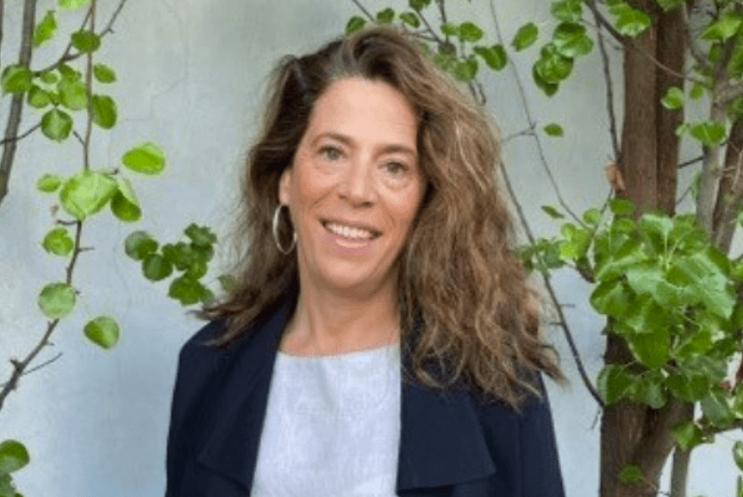Transitioning from one lifestyle to another is never easy. And that was especially so for former city woman, Abi Cook (formerly Spehr), who moved into traditional farming as a partner in a fourth generation mixed grazing and cropping property on South Australia’s Limestone Coast.
Abi struggled with adjusting to this new life she had chosen, and understanding her role within the family business.
But once she realised that she was far from alone and that so many rural women were facing the same challenges, Abi began writing about these experiences.
Indeed, she found her own experience with having to negotiate with her mother-in-law and family members was something many other women experienced — and so she started collecting the stories of other mother and daughter in law relationships across the state, and then Australia.
Her passion and interest in understanding the complexity of Australian rural women’s lives grew into a greater desire to publish a research paper about it. This research saw her being named the 2007 SA AgriFutures Rural Women’s Award winner, and ultimately the National Runner-up.
Abi’s passion for improving the lives of rural women continues, as she is further unearthing her research and creating an online tool to support family businesses.
We spoke to Abi as part of our series with AgriFutures, profiling the lives and work of rural women. She shares some great tips on working with family members, and also some excellent advice for women considering a career in agriculture.
1. Can you tell us a little bit about your transition from city girl to moving to South Australia’s Limestone Coast? How did this big move shift your perspective on the agricultural space?
I observed rural Australia to basically have a primary production focus, and to be quite isolated and isolating. But what I learnt from entering into an agricultural environment was that rural and regional communities are a part of a really broad network. There’s lots of diversity and the industry relies on community and networks to work together. I didn’t realise how rich in creativity it was, I learnt the true sense of community in the country.
2. You were recognised for your research project working with Rural women across Australia, subsequently releasing a book called “Working Her Out”. What sparked this idea and what was the process like in writing this book?
I had been completely unprepared for the ‘adjustment phase’ of moving onto a family farm. At first I thought it was just me, finding it hard and figuring out where I fitted in to the farm business. Negotiating roles between myself and my mother‐in‐law and understanding expectations between family members, but as I started asking around I discovered other women had found the transition equally challenging. I started writing some of these experiences down and five years ago a colleague encouraged me to take it one step further and put it all in a book.









